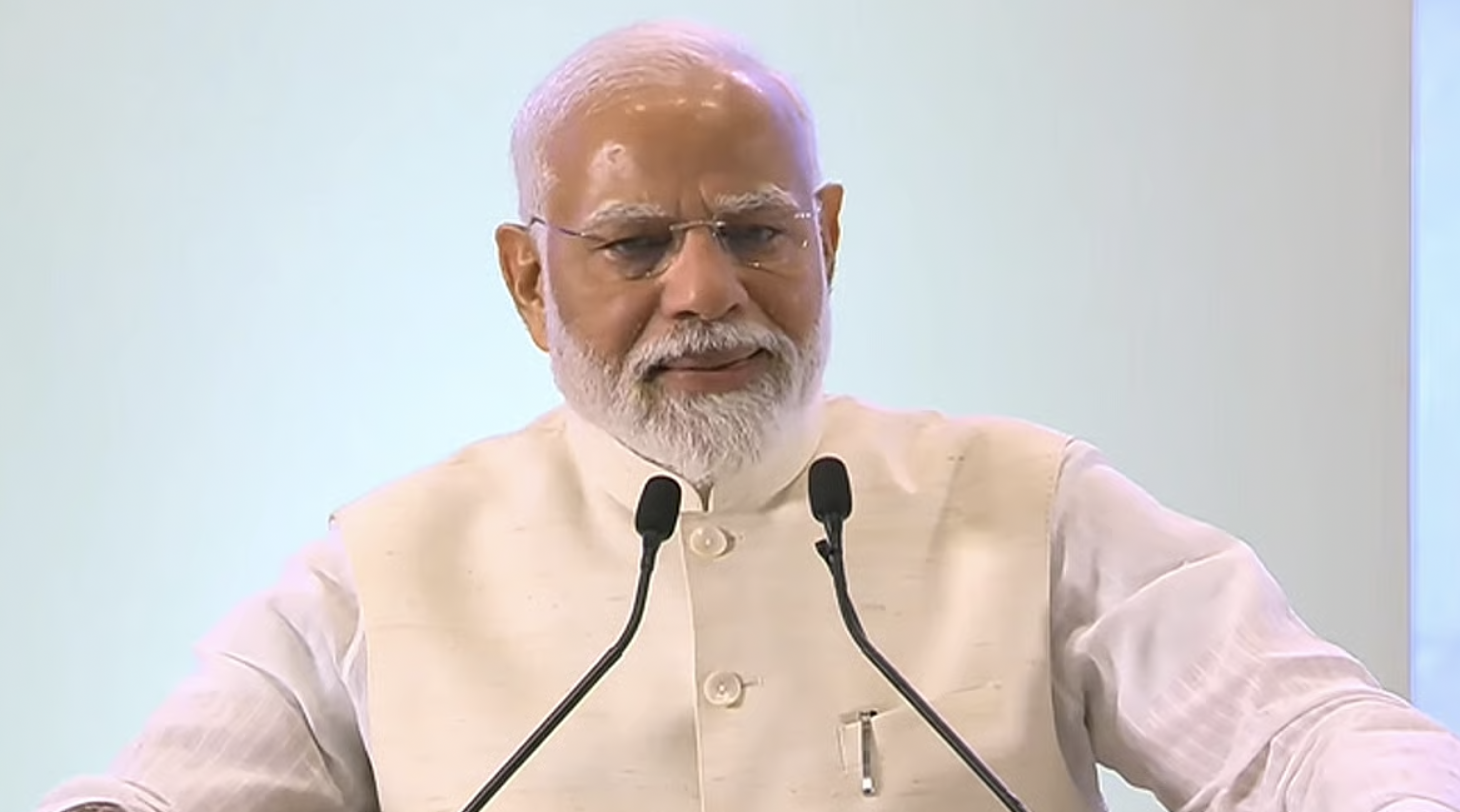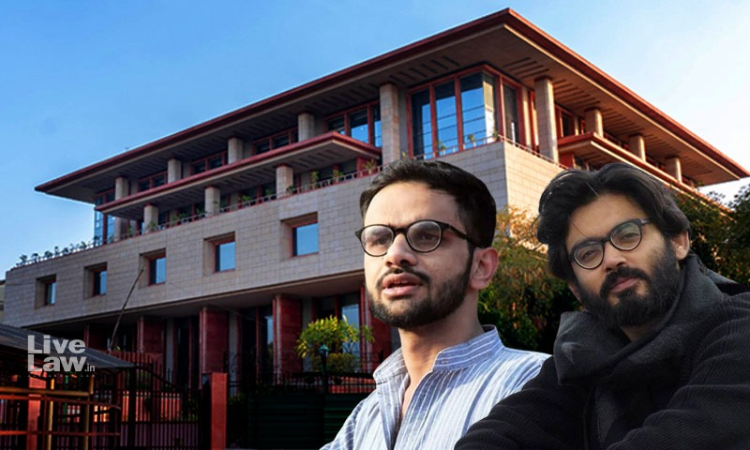Defining Hindutva
Hindutva (literally “Hindu-ness”) is a modern political ideology that advocates for Hindu supremacy and seeks to transform India, a secular state, into an ethno-religious nation known as the Hindu Rashtra (Hindu nation). Hindutva is the official platform of the BJP, an extreme right political party in India. Parts of the Indian diaspora, including in the United States, also champion Hindutva. Some scholars define Hindutva as a type of Hindu nationalism, whereas others use “Hindutva” and “Hindu nationalism” as synonyms.
Hindutva ideology is promoted by an array of vigilante, political, and cultural groups, known collectively as the Sangh Parivar. The RSS, a paramilitary organization based in India, is at the center of the Sangh and sets the priorities and tactics for promoting Hindutva ideology. The RSS’s overseas branch, the HSS, actively operates to promote Hindu nationalist ideas and goals among the Indian diaspora, including in the United States.
Hindutva ideology dates back, roughly, 100 years. Its early ideologues were informed by ethnonationalist movements in early 20th Europe, including Italy and Germany. Leading scholars on Hindutva consider the ideology to have remained stable (also this) over the last century, especially in its core objective: “a Hindu Rashtra where some Indians will be more equal than others.”
Harms of Hindutva
Hindutva ideology demeans many groups and individuals, and those who champion Hindutva sometimes resort to violence to achieve their aims. Muslims are often the primary targets of those who adhere to Hindutva ideology. Many human rights groups have documented a rise in anti-Muslim violence since 2014, when the BJP came to national power in India (here, here, and here). Hindutva ideologues are also often intolerant of Christians, journalists, lower castes and Dalits, Adivasis, and women.
Hindutva ideology rejects diversity as a social value, instead seeking an extreme form of homogeny. VD Savarkar, the godfather of Hindutva ideology, taught that Indians who identified as members of other religions were, rightly, Hindu, thereby seeking to deny individuals and social groups of agency and identity. Today, some Hindutva groups and individuals engage in ghar wapsi (“returning home”) or converting non-Hindus—especially Muslims, Christians, and tribal people—to Hinduism. Hindutva makes strong claims on Hindus as well, narrowing the range of possible expressions of Hindu identity in severe ways that are opposed by many Hindus (here, here, and here).
Distinguishing Hindutva and Hinduism
Hindutva and Hinduism are distinct. Hindutva is a narrow political ideology whereas Hinduism is a broad-based religious tradition. Many Hindus oppose Hindutva ideology, both in India and in the US-based diaspora, and it is offensive to conflate the two.
Those who advocate Hindutva views sometimes try to shield their far right politics and prejudices from criticism by claiming—in bad-faith—that they are expressing Hindu religious views. This attempted cover-up is harmful on several counts. One, it seeks to deflect legitimate criticism of an extreme political ideology that is harmful to many groups and individuals. Two, it tries to narrow the diverse range of Hindu traditions and expressions of Hindu identities, a move unwelcome by many within the broad-based Hindu tradition.
This story appeared on hindutvaharassmentfieldmanual.org






